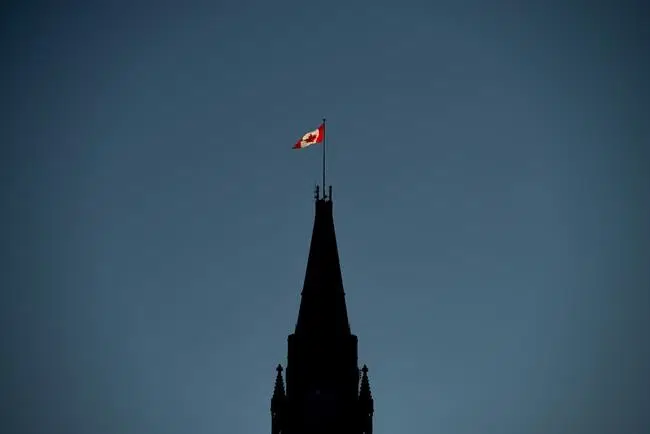
Red tape getting in the way of foreign staff security: union
OTTAWA — The union representing Canadian diplomats has blamed an overabundance of red tape for the government’s failure to ensure staff stationed overseas are kept safe.
Federal auditor general Michael Ferguson revealed this week that there are “significant” security failings at Canada’s embassies and diplomatic missions needing immediate attention.
Yet Pamela Isfeld, president of the Professional Association of Foreign Service Officers, said many of the concerns highlighted by the auditor general are now new — bureaucracy has just often gotten in the way of fixing them.
“It’s not one of those questions of people not seeing the issue or not understanding the issue,” Isfeld told The Canadian Press on Wednesday.
